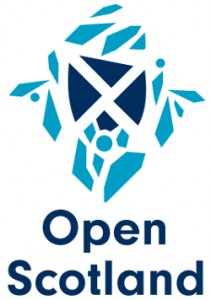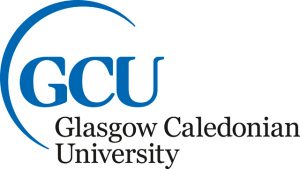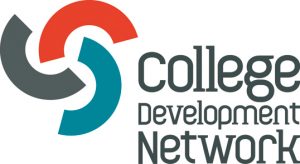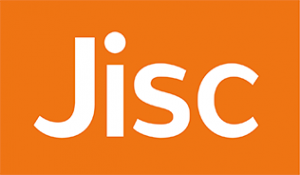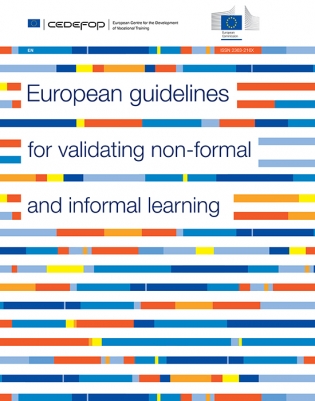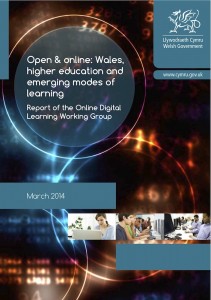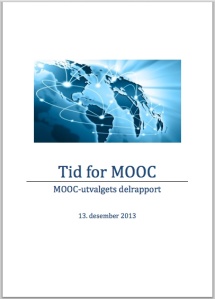“Community…..” flickr photo by Kamaljith shared under a Creative Commons (BY) license
I’ve been involved in open learning for several years now. It started almost by accident, when some guy called Dave ran a crazy learning experience that we called rhizo14, carried on serendipitously into a sister experience called CLMOOC, and gradually became a part of my daily ritual as I started participating in Daily Creates. Much of what happens in these open, online experiences can appear to be random and unstructured, but beneath and behind them is a set of core principles and values and a tried and tested design. Those can be broadly summed up as belonging to an educational framework called connected learning. That’s helped me to learn some tricks to help all of us (staff and students) to teach and learn online. They’re at the end of this post, for those wanting to skip straight to the punchline.
Connected learning is a work in progress. It begins from an (intuitively plausible, I think) set of beliefs in the value of learning that is interest-driven, peer-supported and academically relevant, and harnesses the power of social media in order to make these types of learning better integrated into learners’ lives while attempting to make it accessible to anyone who wants to participate (equity is a core value). As such, it is platform and technology agnostic, although the values of open education are central to what practitioners do.
At the heart of connected learning is the thought that we live, nowadays, in a participatory culture. Sometimes people describe this as “Web 2.0”, but participatory culture is actually a richer concept than that. Henry Jenkins contrasts the concept of “interactivity”, which he describes as a relationship between a customer and a software company and a property of some social media platforms, and “participation” which is a relationship between people (which can be facilitated by use of social media). This means that we can’t take student engagement for granted, we have to explicitly design it into our courses. For those familiar with the terminology, I might use this distinction to explain the differences between xMOOCs and cMOOCs. I say this to note a difference, and not to imply that cMOOCs are always superior – knowledge acquisition and participation in learning are not, imo, contradictory concepts – each has its place. Anna Sfard makes this point better than I could.
To an outsider, learning in the open can look unstructured and random, and those new to this type of learning and teaching can feel overwhelmed, out of their depth, unsure of their own abilities, frustrated, scared or even angry. This goes for both learners (often called participants) and educators (often called facilitators). This is why it is so important to design these experiences carefully, and to think carefully about the types of support that can be provided. I think, in the interesting times that lie ahead of us, we are all going to need all the support we can get – both to keep ourselves going, and to help our learners. Teaching and learning online can be an isolated experience, as those of us who do it know only too well.
So how can all of this help us now? First of all I should stress that I’m not suggesting that everybody immediately abandons whatever they are doing and redesign their courses so that they are connected learning experiences – I’m not trying to make more work for anyone. What I am going to tell you about is some tried and tested strategies that have helped the community that I am a part of to emerge and continue. I’m not pretending to have invented any of these strategies either – just to have used or experienced them for myself.
- Remember that your learners will be in many different time zones, some of which will have better connectivity than others. People who can’t participate are likely to feel very left out and uncared for. Think about asynchronous activities as well as synchronous ones.
- Some learners will have state of the art technology, others … won’t. Think about designing activities/resources that can load on different devices.
- Realise that there is no such thing as a digital native: some (staff and students) will find it easy to adapt to this new way of teaching and learning others … won’t. We can’t predict who will and won’t adapt. Think about how to support staff and students who just can’t work out how to log in/submit/engage.
- Don’t rely on one platform or one mode of delivery. Systems could be overloaded, or not available for a particular device, or not available in a geographical area (YouTube content, for example, can be restricted by geographical area). Yes, this could mean duplicating important content/messages in order to ensure that everyone who needs can access them.
- Don’t force anyone to use a particular platform (other than official, institutionally supported ones). Your students might well have ethical objections to using a particular one. Respect those. Never require anyone to sign up to a (non-institutionally supported/“official”) platform in order to participate. Data rights are human rights.
- Tap into the altruism of others. Nurture a community that helps each other (both staff and students). Model this yourself, watch for others doing it and publicly thank them. Think about the types of roles that might be needed to build a learning community: as well as you (the teacher), you might look for particularly active and/or knowledgeable students to become mentors.
- Structure informal activities that people can engage in if they want. These don’t have to take a lot of time to design – you might ask students to share something unique about where they are living, to tell others about their hobbies, pets, or family. You could ask them to do this by sharing a small image, a link to a website, or a forum post. These help participants to feel that they belong and can build a sense of community over time.
And, finally, reach out to others around you. Use your networks and don’t be afraid of saying that you are finding something hard. My initial experiences of all of this was a baptism of fire. Those who watch me nowadays often think that I always find it easy to participate, and have always found it easy, but that’s not true. In fact, I nearly dropped out of an early connected learning experience (CLMOOC 2015) because I was feeling lost, confused and overwhelmed. What happened next was, I realise, due to the carefully designed support structure that was in place. I shouted out into the void and someone answered. The rest, as they say, is history.
This post was originally published on my personal blog


